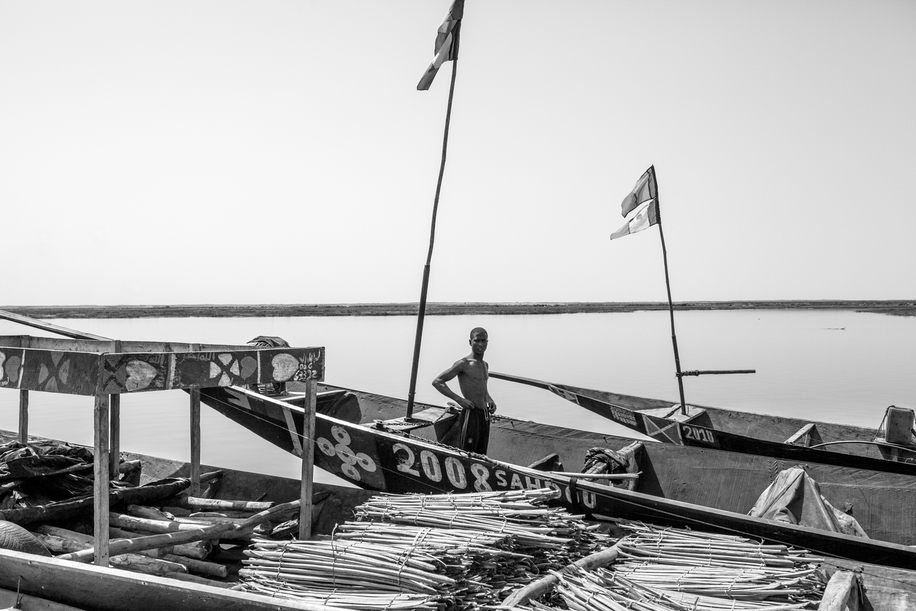
Mali - After the extremists
Photographer: Salym Fayad
Exhibit Title: Mali - After the extremists
Location: Mali
In early 2013 a French military intervention put an end to an 11-month long Islamist occupation of northern Mali. Extremist groups had tried to establish a brutal regime based on a strict interpretation of Islamic law.
Most of the militants were expelled from the main cities, but the aftermath of the occupation in Gao, northern Mali’s largest city, has left a feeling of uneasiness and social rupture. Thousands fled to refugee camps; the Malian army was accused of summary executions in retaliation for the 2012 Tuareg separatist rebellion, which some considered the origin of the conflict.
Ethnic tensions emerged after the French intervention. Members of the Tuareg and Arab minorities virtually disappeared from Gao, accused of supporting rebels or Islamists or of being involved in the trans-Saharan drug trade.
Checkpoints, curfews, patrols, raids and detentions became the norm. Fishing and passenger transport were forbidden. Many were grateful for France’s military intervention. For others, the ubiquitous presence of foreign troops in northern Mali is a reminder of the deep social scars left by the conflict.
salymfayad@yahoo.com
+27 78 517 2132
Skype/Twitter/Instagram: salymfayad
www.salymfayad.com
Make Comment/View Comments